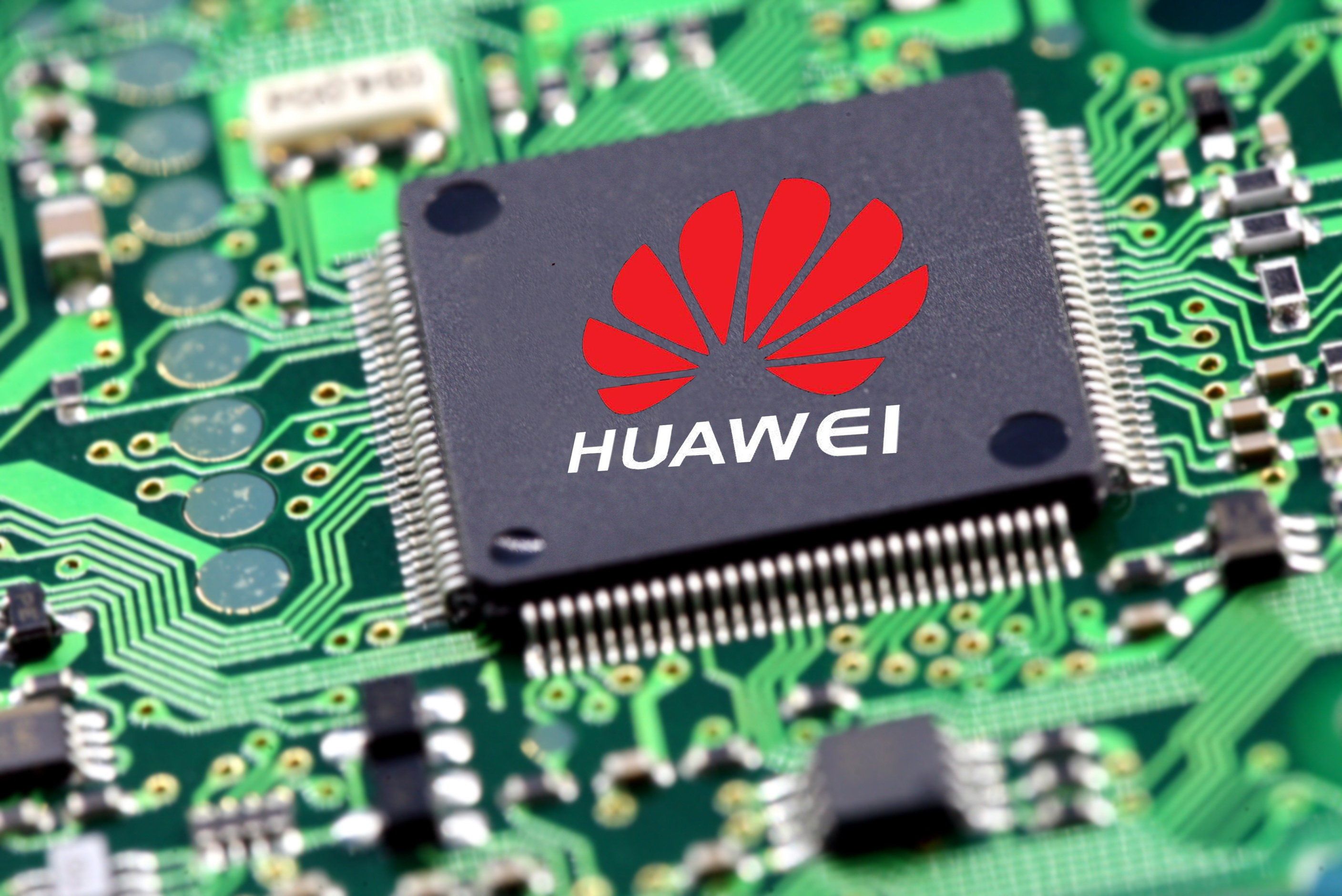October 02, 2019
As China's leaders bask in the glow of the massive military parade and other festivities they held in Beijing on Tuesday to mark the People's Republic's 70th birthday, a quieter but potentially more significant test of China's global clout is playing out in the bustling tech hub of Shenzhen nearly 1,400 miles to the south.
Huawei, China's most important global tech company, has announced it is going to produce 5G equipment without any US components at all.
Recall that back in May, the Trump administration kneecapped the Chinese tech giant by restricting US companies from selling it software, microchips, and other vital components, because of concerns that Beijing could use Huawei equipment to spy on the US or its allies. It was part of a broader campaign to push back against China's rise as a technology powerhouse. The US has since added a Chinese supercomputer maker to its blacklist and is currently drawing up even tighter restrictions on US tech exports to China.
China's president, Xi Jinping, has responded to this US pressure by promising to break China's technology dependence on the US, evoking the spirit of the Chinese communists' heroic "Long March" of the 1930s. As part of that Huawei is now basically saying: "no US technology? No problem."
The stakes are huge. Huawei makes more smartphones than Apple, and outside of the US, where it's long been de-facto (and now officially) banned, it is the world's biggest supplier of the networking equipment that lets you scroll through social media, hail a car, and stream cat videos on your phone. The company is also leading the push to build ultra-fast, next-generation 5G networks that will power our sci-fi future: smart cities, remote surgery, driverless cars, and driverless cat videos.
If Huawei can't find a way around the US blockade (and there are good reasons to think it will have a hard time – not least due to the US's massive advantages in critical technologies like semiconductors), its days as a global company are numbered, and Xi's drive for tech independence will suffer a major blow.
If it can, then the competition between the US and China for supremacy in the technologies that will help drive the global economy, shape alliances, and determine the balance of military power in the 21st century will have entered a critical new phase.More For You
America’s new National Security Strategy confirms what Europeans have feared for months: Washington now sees a strong, unified European Union as a problem to be solved, not an ally to be supported.
Most Popular
Sponsored posts
The power of sports
What's Good Wednesdays
What’s Good Wednesdays™, December 10, 2025
Walmart sponsored posts
Walmart's $350 billion commitment to American jobs
In this episode of Tools and Weapons, Microsoft Vice Chair and President Brad Smith sits down with Ed Policy, President and CEO of the Green Bay Packers, to discuss how purpose-driven leadership and innovation are shaping the future of one of the world’s most iconic sports franchises. Ed shares how technology and community-focused initiatives, from Titletown Tech to health and safety innovations on the field, are transforming not just the game of football, but the economy and culture of Green Bay itself. He explains how combining strategic vision with investment in local startups is keeping talent in the Midwest and creating opportunities that extend far beyond Lambeau Field.
Subscribe and find new episodes monthly, wherever you listen to podcasts.
Members of security forces stand guard outside a polliong station, a week late in a special election, after the local governing party kept voting closed on election day, amid accusations of sabotage and fraud, in a presidential race still too close to call as counting continues, in San Antonio de Flores, Honduras, December 7, 2025.
REUTERS/Leonel Estrada
More than a week after Hondurans cast their ballots in a presidential election, the country is still stuck in a potentially-dangerous post-election fog.
© 2025 GZERO Media. All Rights Reserved | A Eurasia Group media company.
